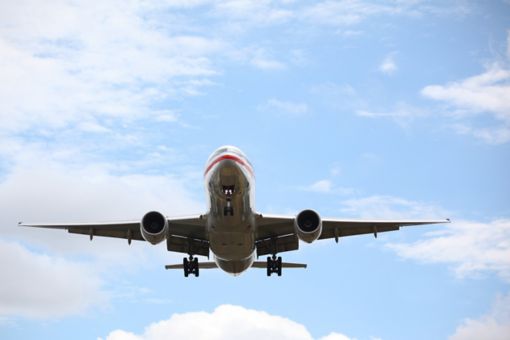Brexit & Aviation: Flying towards Unknown Destinations
Brexit & Aviation: Flying towards Unknown Destinations
Following a June 2016 referendum, the UK government formally announced that the UK will be withdrawing from the European Union on 29 March 2019. Since this announcement there have been a number of extensions, with the latest withdrawal date being set for 31 January 2020.
The impact of Brexit on aviation has the potential of being broad and far-reaching. Although the uncertainties that a No-deal scenario could lead to are not easy to quantify at this stage, the areas an aircraft operator, an MRO or CAMO should definitely keep an eye on are:
- Traffic rights between countries
- EASA oversight
- Certifications and licensing
- Passenger Protection
- Customs and VAT implications
As above mentioned, the specific post-Brexit implications are currently unknown. That being said, legislation has been passed to ensure clarity in a few of the above-mentioned areas. In fact, connectivity between the UK and EU has been catered for through legislation which will be applicable for the interim period post-Brexit, until a full air transport agreement is reached.
Regulation (EC) No 261/2004 which relates to passenger protection will also continue to be applicable in the UK post-Brexit, although the UK will not be bound by the decisions of the Court of Justice of the European Union.
EASA Certificates, Approvals & Licensing
On 30 October 2019, the European Council adopted a decision to extend the period under which the UK is to withdraw from the EU to 31 January 2020.
Until such time as the extension exists, the United Kingdom retains all rights (and obligations) as a fully-fledged European Union Member State.
From a European Union Aviation Safety Agency (‘EASA’) perspective, EASA will retain regulatory oversight over civil aviation safety until the United Kingdom remains a member of the European Union. Whilst negotiations are still underway, and a final agreement is not yet finalised, future cooperation between EASA and the UK is not yet certain.
In anticipation for a potential no-deal scenario, EASA has set out a procedure to accept applications from existing UK approval holders, and therefore issue a mirrored EASA certificate.
The EASA certificate will then be sent following the date the Treaty of the European Union (TEU) ceases to apply.
Ownership, Control & Nationality
Regulation (EC) No 1008/2008 of the European Parliament and of the Council of 24 September 2008 on common rules for the operation of air services in the Community (Recast) only permits the granting of an air operator licence to:
Member States and/or nationals of Member States [who] own more than 50 % of the undertaking and effectively control it, whether directly or indirectly through one or more intermediate undertakings, except as provided for in an agreement with a third country to which the Community is a party.
Therefore, UK Nationals will no longer fulfil the above requirement post Brexit.
Furthermore, from an airline nationality point of view, airlines that are currently in the ownership of UK nationals will no longer be considered as EU carriers and will require further authorisation.
Tax Implications
Apart from changes in regulatory oversight and qualifications for holding a European Air Operator Certificate one must also take into account taxation implications.
Both direct and indirect taxation would depend on the case at hand, particularly dependent on the nature of the asset and its uses and the ownership structure.
Action in this regard is imperative, should you require any further information kindly contact us.

© 2025 KPMG, a Maltese civil partnership and a member firm of the KPMG global organisation of independent member firms affiliated with KPMG International Limited, a private English company limited by guarantee. All rights reserved.
For more detail about the structure of the KPMG global organization please visit https://kpmg.com/governance.
